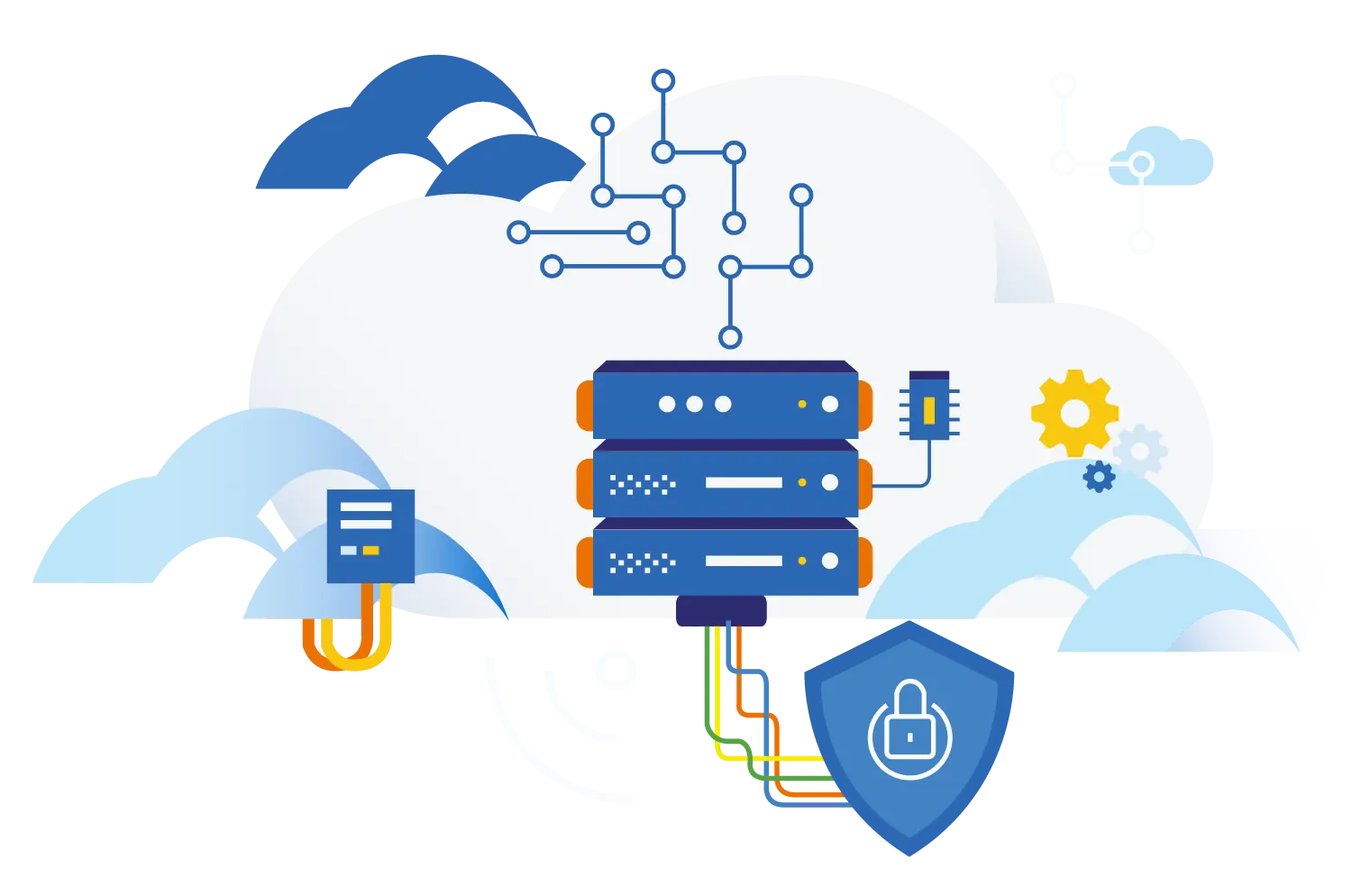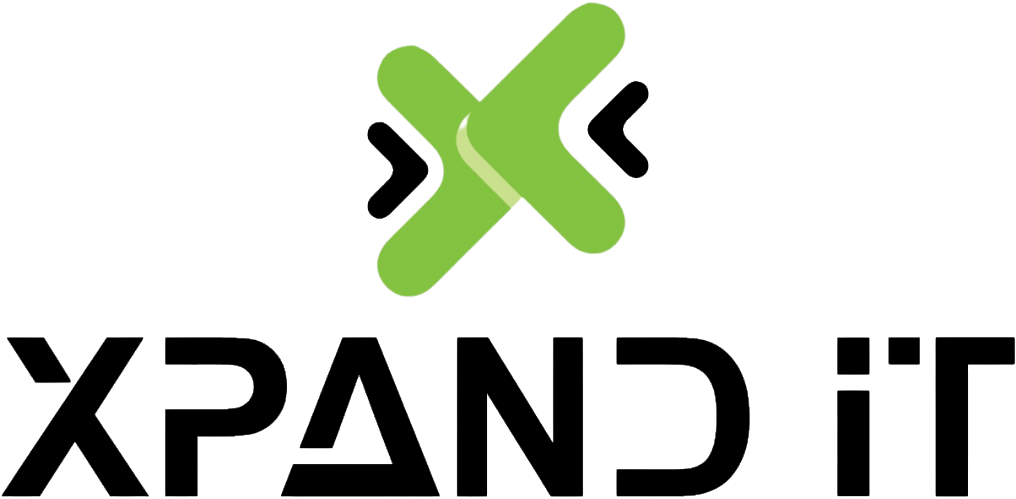11121 Carmel Commons Boulevard, Suite 430, Charlotte, North Carolina 28226
Offshore locationHi Tech City, Madhapur, Hyderabad, Telangana, India – 500081.
We're Available 24/ 7. Call Now.Cloud solutions for enterprises
We have a lot of expertise supporting financial institutions with cloud migration projects at Xpand IT Consulting. Every organisation, we believe, could benefit from this technology. Traditional IT infrastructures are migrated into a combination of cloud services by our experts, resulting in an always-on, adaptable system that readily adjusts to business challenges and speeds up innovation.
Our cloud services main goal is to help our customers take advantage of accessible cloud services, improve operational efficiency, and explore new opportunities by exploiting cloud capabilities.

Benefits Of Using Cloud Solutions
Cost-effectiveness
Public cloud services are based on a pay-as-you-go model, which allows customers to pay only for the services and resources that they really utilise. There's no need to invest in data centres up front for services that will only be used for a short time.
Flexibility
Public cloud services provide exceptional flexibility, which is why businesses are migrating to the cloud. They allow firms to quickly respond to changing business demands and shorten time to market.
Collaboration
Because they allow teams to easily share, access, and update data regardless of location, cloud-based solutions promote teamwork and collaboration. For transparent and productive cooperation, all updates are accessible in real-time to all teammates.
Resource Pooling
The resources of the cloud service provider might be pooled to serve several customers. Storage, computation, memory, and network bandwidth are examples of such resources.
Advanced Reporting
To aid planning, cloud services allow customers to measure, control, and report on resource consumption in advance.
Security
Cloud service providers make significant investments in the security of their infrastructures. To secure virtualized data, apps, and services against cybersecurity risks, they use a variety of policies and controls.
Cloud Migration
Our cloud professionals will assist you in making the shift to the cloud as painless as possible. Whether it's IaaS or a cloud-native method like microservices, we have the experience and know-how to find the optimum migration strategy depending on your business objectives.
DevOps
Make use of our DevOps knowledge to create a solid software development process. Provide your development teams with the automation and monitoring tools they need to deliver high-quality code.
Cloud Consulting
You'll require a seasoned team of cloud experts capable of offering a completely customised cloud architecture to realise the benefits of cloud-based solutions. By selecting the best services from prominent providers and creating a strategy that fits your company goals, our engineers create unique multi- and hybrid cloud strategies.
Cloud Computing
Our expertise assist businesses in implementing advanced cloud solutions such as SaaS, PaaS, and IaaS using a winning mix of public, private, and hybrid clouds. We're also here to help you with end-to-end cloud adoption, guiding you through the most cutting-edge cloud approaches and technologies to find the appropriate fit.
Cloud Optimization
We can help you assess your current cloud architecture, detect overprovisioning, cloud waste, or underutilised resources, and cost-optimize your cloud infrastructure without sacrificing flexibility, security, or resilience. Our specialists will make advice on how to save money on your cloud bill.
GitOps
Infrastructure as Code has advanced to GitOps (IaC). Our DevOps professionals assist companies in leveraging Git as a single source of truth and control method for establishing, updating, and removing system design.
Differences between public, private, and hybrid clouds
Public cloud
Public clouds, which are the most prevalent type of cloud computing deployment, provide resources that are owned and maintained by cloud service providers such as Amazon Web Services, Google Cloud Platform, or Microsoft Azure. All of the hardware, software, and other supporting infrastructure is owned and managed by these suppliers.
Pros of public cloud:
- No need to invest in the procurement and maintenance of hardware or software.
- You pay only for the services you use.
- Availability of on-demand resources to scale your operations.
- A vast network of servers offers reliability.
Hybrid cloud
A hybrid cloud combines on-premises infrastructure (or a private cloud) with public cloud architecture, allowing data and applications to move between the two. Many firms select this method because it allows them to meet regulatory and data sovereignty requirements while also addressing low latency challenges and maximising their on-premises technology investment.
Pros of hybrid cloud:
- Greater control of sensitive assets or workloads that require low latency that can be placed on private cloud.
- Opportunity to leverage additional resources in the public cloud.
- Ability to scale to the public cloud easily.
- Easier transition to the cloud thanks to gradual migration.
Private cloud
A private cloud is a collection of cloud computing resources that are only used by one company. It can either be physically placed on-site or hosted by a third-party service provider. The services and infrastructure are kept on a private network, and all hardware and software is devoted to your company.
Pros of private cloud:
- Possibility to freely customize your cloud environment to meet specific business needs.
- More control over the resources that aren’t shared with others.
- Greater privacy.
- More scalability compared to on-premises infrastructure.
